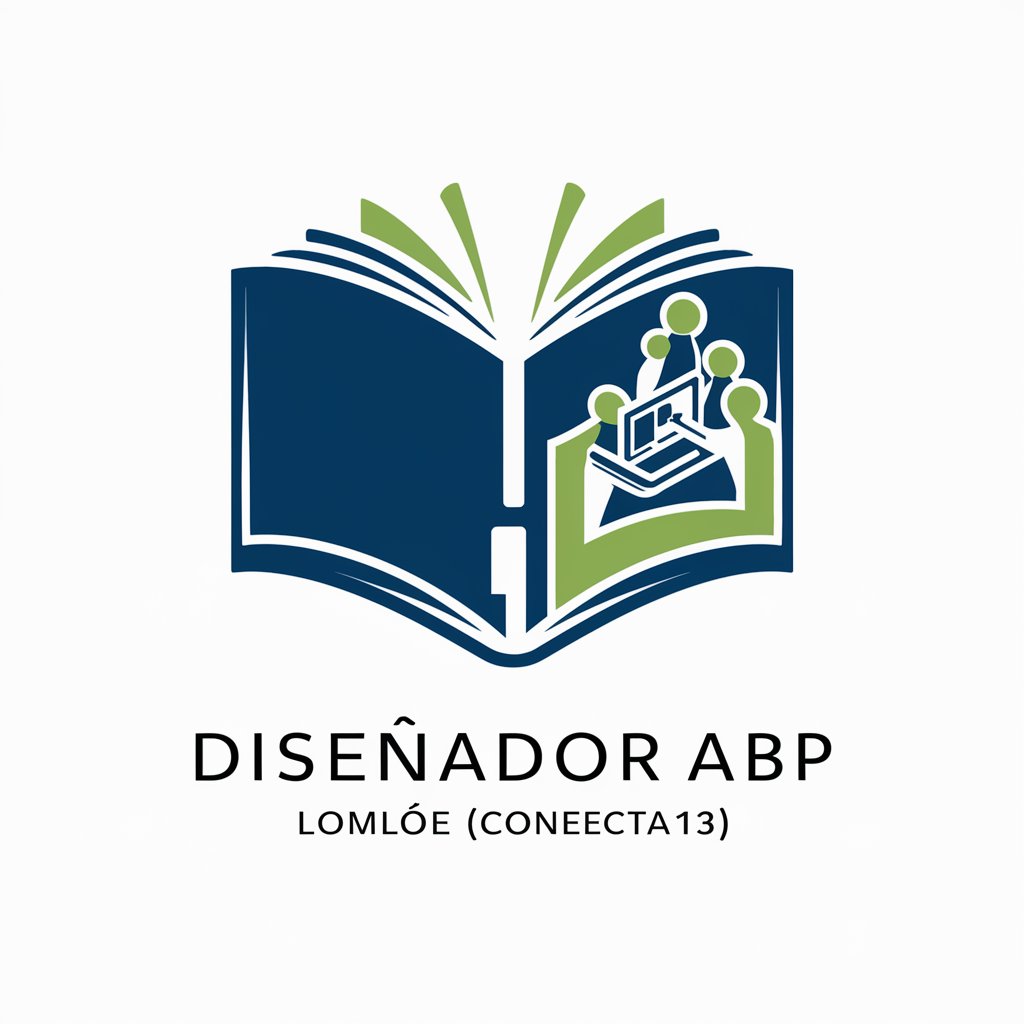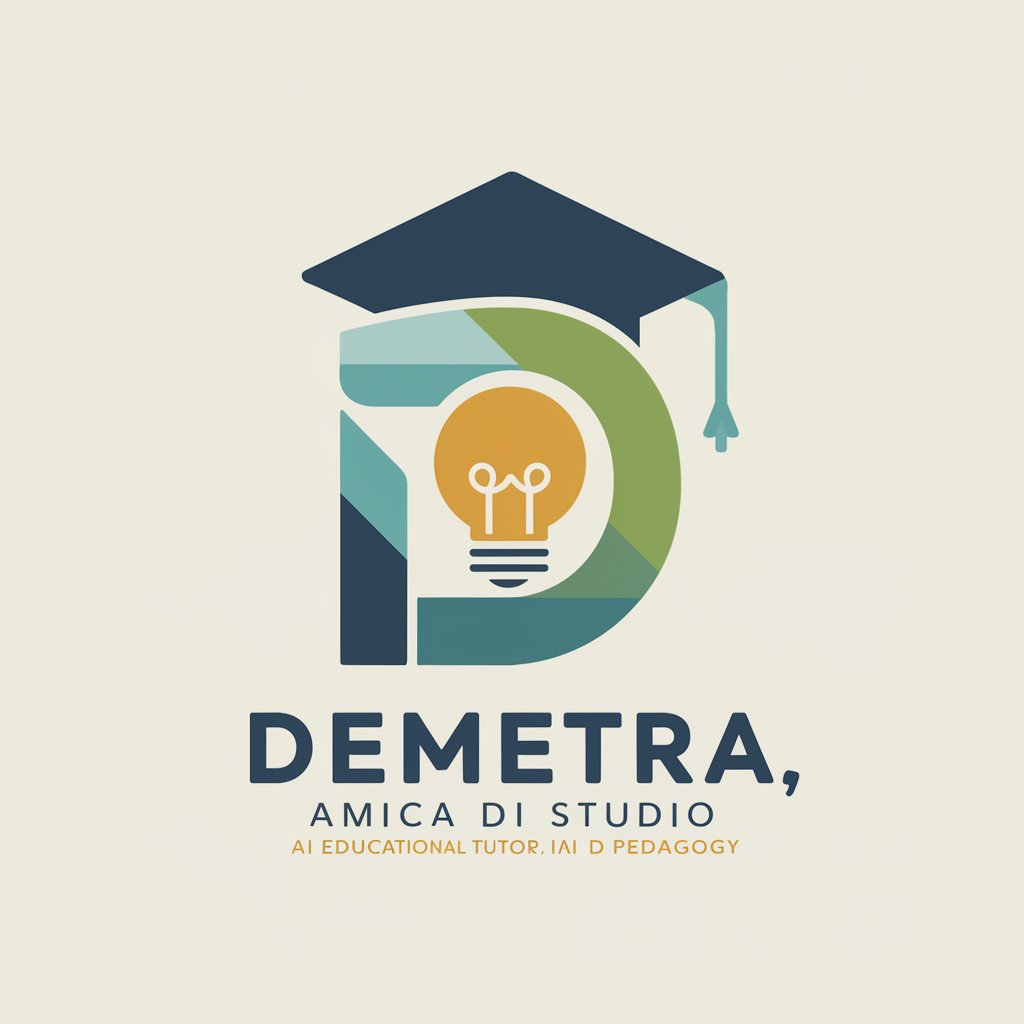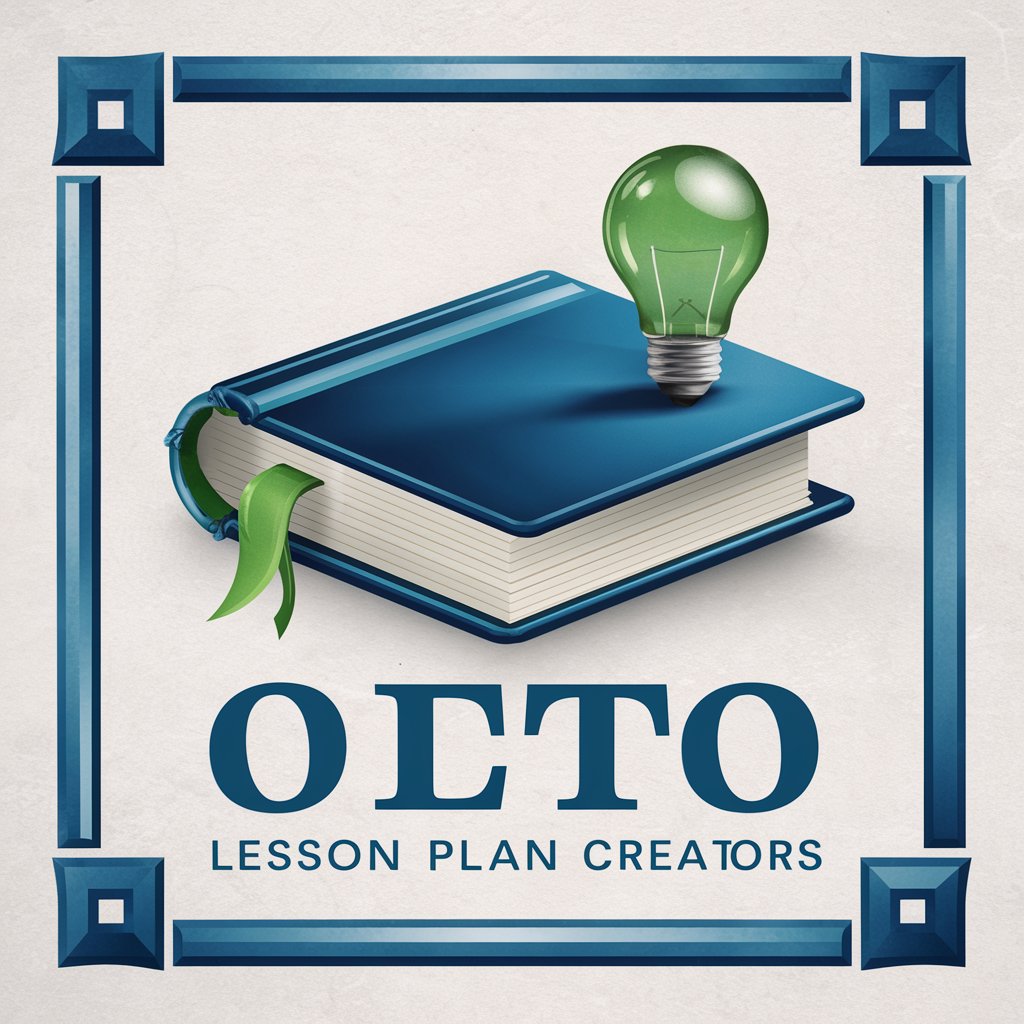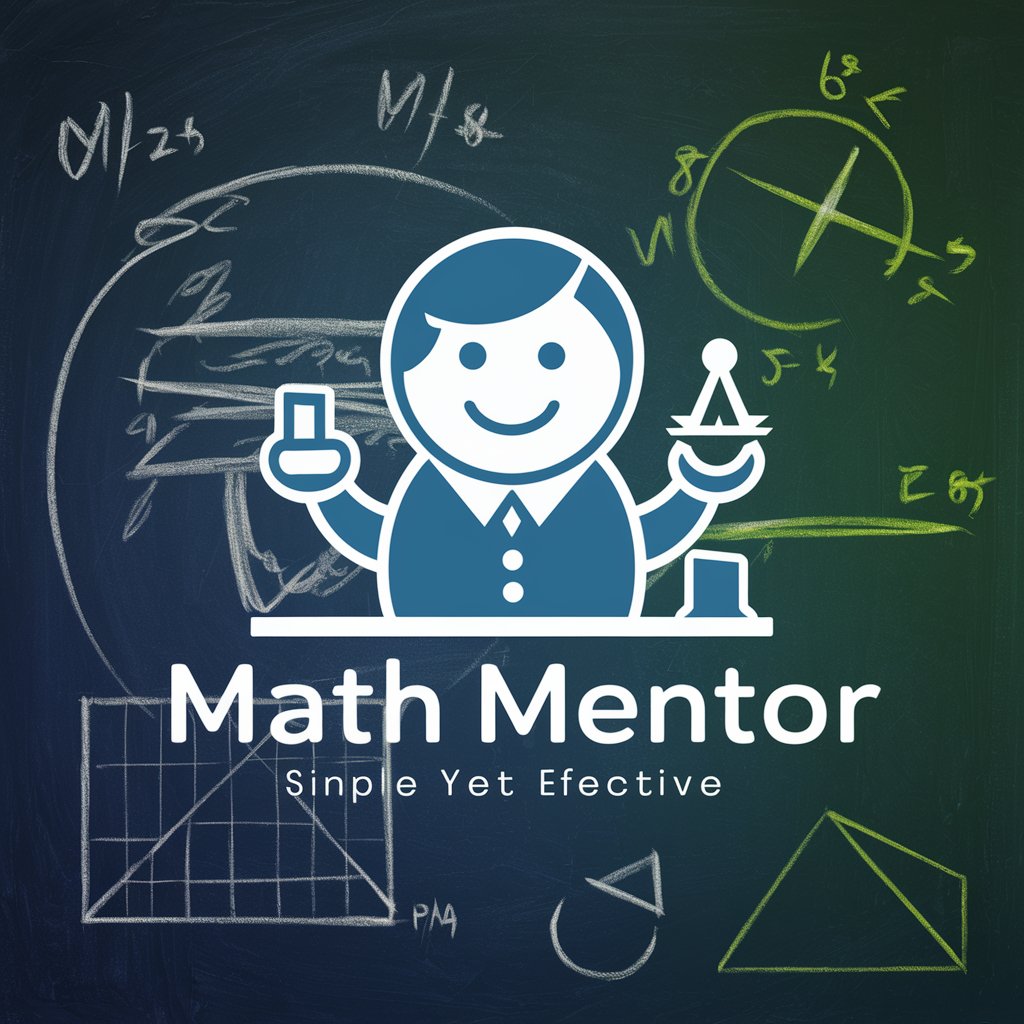6 GPTs for Teaching Assistance Powered by AI for Free of 2025
AI GPTs for Teaching Assistance refer to advanced, generative pre-trained transformer models specifically designed or adapted to support educational tasks and topics. These tools harness the power of AI to provide personalized, dynamic learning experiences, assisting in content creation, providing explanations, facilitating discussions, and offering instant feedback. Their adaptability makes them invaluable across various educational settings, embodying the future of digital learning by delivering tailored educational solutions.
Top 6 GPTs for Teaching Assistance are: Diseñador ABP - LOMLOE (Conecta13),Demetra, amica di studio,OttO Lesson Plan Creator,Martial Arts Mentor,Budismo rehegua,西瓜
Diseñador ABP - LOMLOE (Conecta13)
AI-Powered Educational Project Design

Demetra, amica di studio
Empowering education with AI insight.

OttO Lesson Plan Creator
AI-Powered Lesson Planning Simplified

Martial Arts Mentor
Empowering young ninjas through AI

Budismo rehegua
AI-Powered Guide to Buddhist Wisdom

西瓜
Empowering math learning with AI

Key Attributes and Functions
AI GPTs for Teaching Assistance are distinguished by their versatility and adaptability, enabling them to perform a range of functions from simple Q&A to complex content generation and analysis. Notable features include natural language understanding for interactive learning experiences, capacity for generating educational content, technical support for both students and educators, integrated web searching for up-to-date information, image creation for visual learning, and data analysis for educational research. These capabilities ensure a comprehensive and multifaceted approach to teaching assistance.
Who Benefits from AI GPTs in Education
The primary beneficiaries of AI GPTs for Teaching Assistance include educators, students, educational content creators, and EdTech developers. These tools are designed to be accessible to users with varying levels of technical expertise. For individuals without coding skills, GPTs offer straightforward interfaces and functionalities, while also providing advanced customization options for tech-savvy users and developers seeking to tailor the AI's capabilities to specific educational needs.
Try Our other AI GPTs tools for Free
Legislation Alignment
Discover how AI GPTs for Legislation Alignment revolutionize legal compliance, document drafting, and research, offering tailored, efficient solutions for the legal sector.
Competitive Edge
Explore AI GPT tools tailored for Competitive Edge, designed to provide strategic advantages through deep insights and adaptable solutions in various industries.
Bid Management
Discover how AI GPTs revolutionize Bid Management with automation, strategic insights, and tailored solutions, enhancing your bid success rate.
Sustainable Travel
Discover how AI GPTs for Sustainable Travel are revolutionizing eco-friendly travel, offering tailored recommendations, real-time sustainability assessments, and comprehensive support for making responsible travel choices.
Group Excursions
Discover AI GPT tools for Group Excursions, designed to optimize travel planning and enhance group travel experiences with customized, AI-driven solutions.
Adventure Getaways
Discover how AI GPTs revolutionize adventure getaways, offering personalized planning, insights, and learning tools for an unparalleled travel experience.
Expanding Horizons with AI in Education
AI GPTs represent a significant leap forward in educational technology, offering scalable, customized solutions across different sectors. Their user-friendly interfaces and integration capabilities make them an excellent addition to existing educational systems, promising to revolutionize how educators and students interact with digital learning materials.
Frequently Asked Questions
What exactly are AI GPTs for Teaching Assistance?
AI GPTs for Teaching Assistance are AI-driven tools designed to support and enhance educational processes, leveraging natural language processing to provide dynamic learning experiences.
How can these tools benefit educators?
Educators can use these tools to automate content creation, provide instant feedback to students, and personalize learning experiences, thereby enhancing teaching efficiency and effectiveness.
Are these tools suitable for students?
Yes, students can benefit from personalized tutoring, instant feedback on queries, and access to a wide range of learning materials tailored to their needs.
Can AI GPTs generate educational content?
Absolutely, they excel in generating diverse educational content, including lesson plans, quizzes, and explanatory texts, tailored to specific subjects or learning levels.
Do I need programming skills to use these AI GPT tools?
No, these tools are designed with user-friendly interfaces that require no programming knowledge, making them accessible to a broad audience.
How customizable are these AI GPTs for specific educational needs?
They offer various levels of customization, allowing users with technical skills to tailor the AI's functions to suit specific educational requirements or integrate with existing educational platforms.
Can these tools assist in language learning?
Yes, they are particularly effective in language learning, offering interactive exercises, language practice, and cultural insights to enhance the learning experience.
What about privacy and data security in educational settings?
Developers prioritize privacy and data security, ensuring that these tools comply with educational standards and regulations to protect user data.